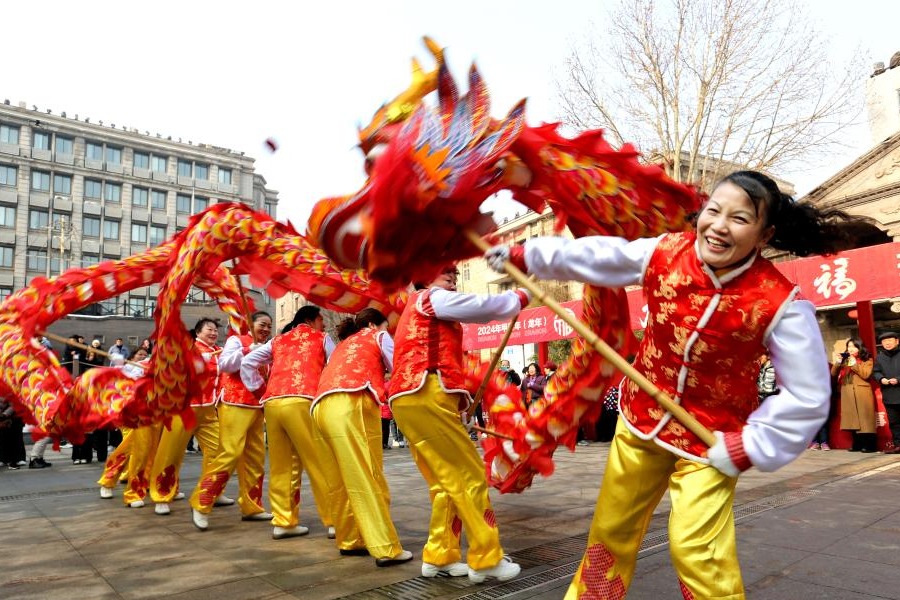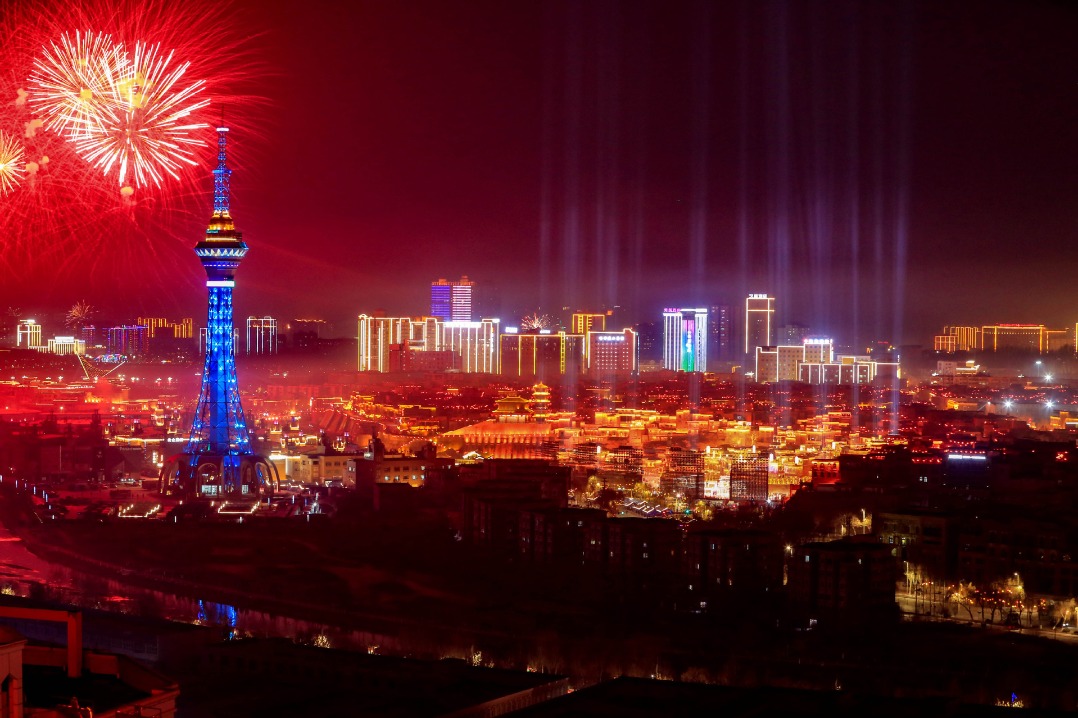Court finds Australian 'war hero' a criminal


Authorities come under pressure to bring charges against soldier
Australia likes to be seen as a free and fair country built on democratic principles and equality. It is quick to condemn others for not abiding by those principles, but what happens when the spotlight is turned the other way?
Well before Australia withdrew from its 20-year involvement in Afghanistan from 2001 to 2021, stories began to circulate that Australian troops had committed war crimes, crimes that included alleged murder of innocent civilians, including those by the country's military elite.
These were quickly swept under the carpet of military secrecy and official cover-up.
How could soldiers, especially those from the elite Special Air Service Regiment, commonly known as the SAS, be involved in such activities? After all, Australia was supposed to be on the side of good, helping Afghan people rebuild their country.
All this came to a head in 2018 when three newspapers, The Sydney Morning Herald, The Age and The Canberra Times, began running stories alleging one of the country's most decorated soldiers and recipient of the Victoria Cross, the highest award for valor, had murdered civilians.
That soldier was SAS Lance Corporal Ben Roberts-Smith, who sued the newspapers (owned by Nine Entertainment) and three journalists for defamation.
In one of Australia's longest defamation cases estimated to have cost well over A$25 million ($16.80 million) in legal costs, the publications claimed they were simply reporting the truth. Roberts-Smith claimed the stories had ruined his reputation.
The newspapers conceded their stories contained allegations of war crimes, but said the stories were accurate and true.
The trial itself lasted for years and heard testimony from dozens of witnesses, including former SAS soldiers and Afghan villagers.
On June 1, in the Federal Court of Australia in Sydney, Judge Anthony Besanko handed down his finding while Roberts-Smith was photographed beside a swimming pool in Bali, Indonesia.
Besanko found while not all the allegations by the newspapers against Roberts-Smith were proven, some of the more significant ones, including the murder of civilians, were.
They include on at least two occasions ordering subordinates to execute Afghan civilians: Killing an Afghan man with a machine gun, then taking his artificial leg as a war trophy, and later forcing soldiers to drink beer from it, and kicking a handcuffed man off a cliff.
If Roberts-Smith has carried out war crimes, why has he not been arrested and charged?
The answer is the defamation case was a civil court action, not criminal.
The ruling puts more pressure on the Australian authorities to bring criminal charges against Roberts-Smith, who is currently under investigation for his conduct in Afghanistan. But no charges have been laid against him.
Because civil trials require a much lower burden of proof, the newspapers only had to show that the allegations were more likely to be true than not, legal experts have said.
Jelena Gligorijevic, senior lecturer in law at the Australian National University in Canberra, said prosecutors will now have to decide whether there is sufficient evidence to prove the murders "beyond reasonable doubt".
"That's very, very different from proving on a balance of probabilities," she was quoted by BBC as saying on June 2.
"This defamation judgment is not at all conclusive on whether they will prosecute, and then whether they will be successful."
There are already calls for Roberts-Smith to be stripped of his military honors, and for tributes dedicated to him in the Australian War Memorial to be removed.
Roberts-Smith was awarded the Victoria Cross in 2011 for his role in a June 2010 operation in tracking down a senior Taliban commander. It was a "capture or kill operation", said the citation on the Australian War Memorial website, which also described how Roberts-Smith killed several Taliban fighters at "close quarters".
In a Feb 8, 2011, sitting of the Australian Parliament, then-prime minister Julia Gillard said of the VC award: "Ben Roberts-Smith has been called a hero, a legend and a role model, and he is all of these. But he is also a human being, a husband, and a father."
After his receipt of the VC, Roberts-Smith became a "national hero" and a standard-bearer for the so-called ANZAC spirit.
ANZAC is an acronym for the Australian and New Zealand Army Corps. The ANZAC spirit has its origins in World War I and was used to describe the bond between Australian and New Zealand troops who fought and died side by side, but is now used by non-indigenous Australians to represent true nationalism.
Arriving at Perth airport on June 15 from New Zealand, where he went after holidaying in Bali, the disgraced fallen war hero said he was "devastated" by the verdict, and told reporters it (the verdict) was a "terrible outcome and the incorrect outcome".
"We haven't done anything wrong so we won't be making any apologies," he said.
Asked if he was proud of how he had behaved when serving Australia, he replied, "Of course."
His return coincided with reports that the Australian Federal Police has abandoned two criminal investigations into alleged murders in Afghanistan involving Roberts-Smith.
Reports say the investigations will be replaced by a new joint task force of the Office of the Special Investigator and Australian Federal Police investigators.
As for Roberts-Smith, he is still a free man but faces an uncertain future.
Few are discussing the case openly because of the complex legalities surrounding not only Roberts-Smith but other soldiers who have allegedly committed war crimes while serving in Afghanistan.
Former SAS captain-turned-politician Andrew Hastie said Justice Besanko had validated the "cold, hard truth" that had burdened SAS officers for years.
The courage of former colleagues in giving evidence against Roberts-Smith had "rescued" the elite regiment, he said.
"They've shown moral courage," Hastie told the ABC in an interview. "They've been brave. They've not won anything out of this. It's been very tough for them.
"I honor their work, because it's they who have demonstrated that the regiment has a moral pulse, that the regiment can self-correct. It's they who have repudiated the toxic culture and behavior."
He described those who gave evidence against Roberts-Smith as some of the "toughest men I know".
"They've seen a lot of combat. They fight tough, but they fight fair."
























